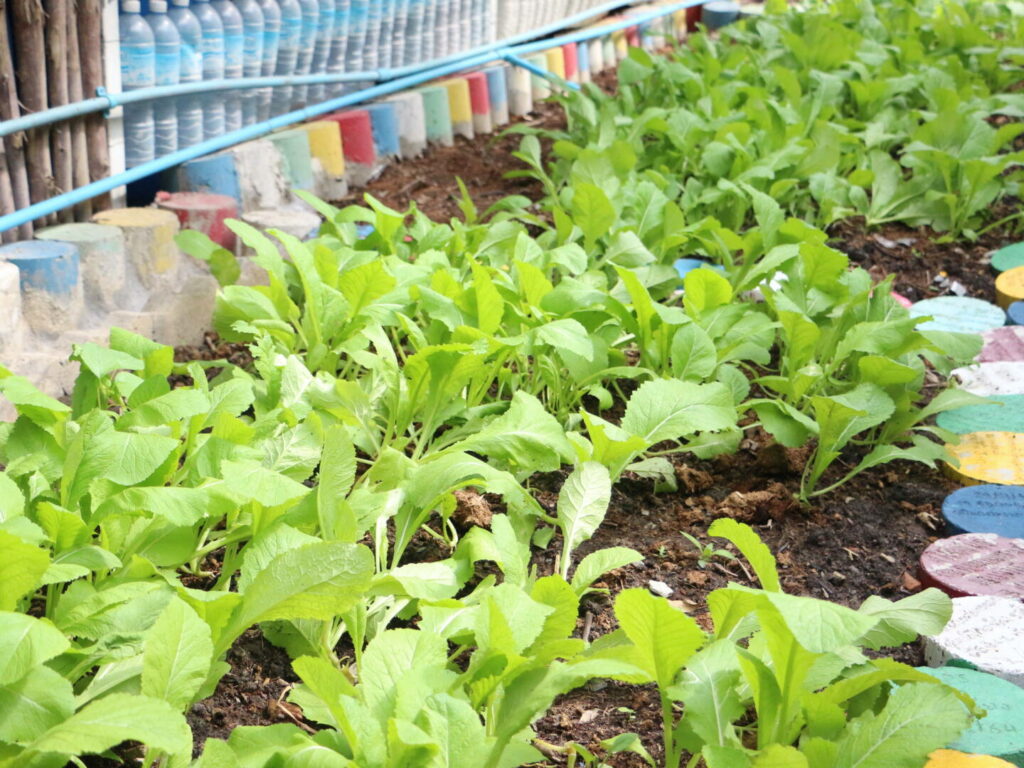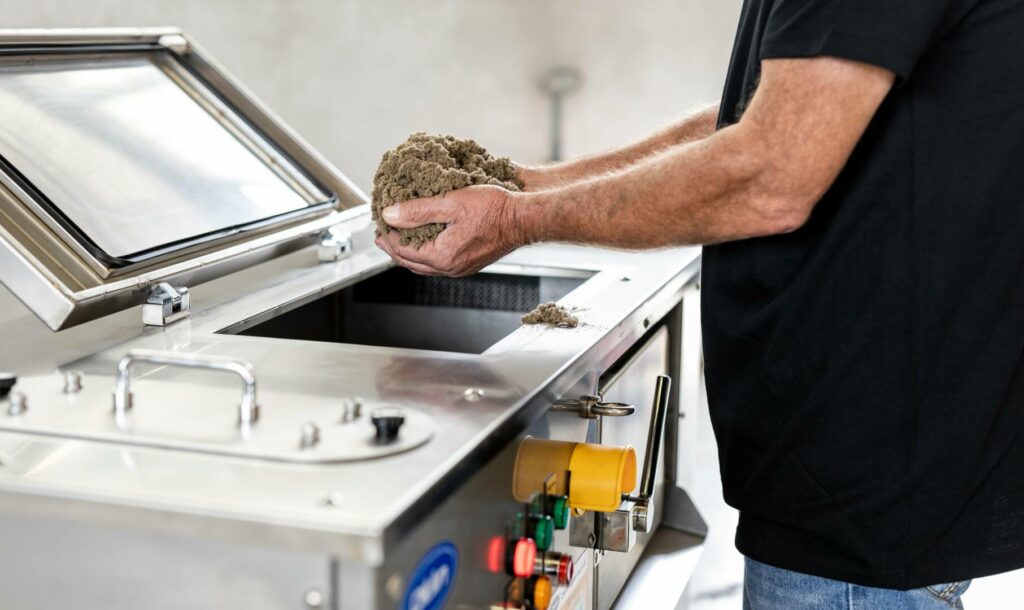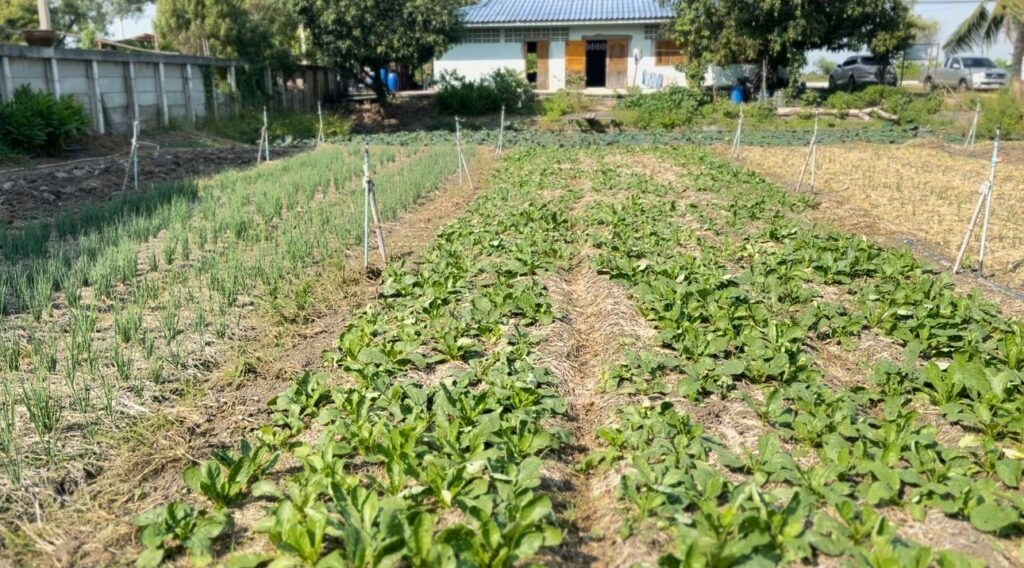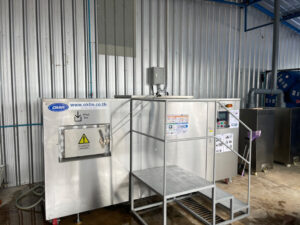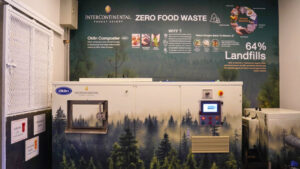Sustainable Eating and the Use of Food Waste Compost
Sustainable eating and utilizing compost from food waste are part of a life cycle that brings multiple benefits—improving health, protecting the environment, and ensuring the long-term sustainability of our food systems. Starting with changes in our own eating habits and making the most of the resources we have is a vital first step toward a more sustainable future.
Raising awareness and taking small daily actions can lead to significant change—both in safeguarding our own health and in preserving the planet for future generations.


